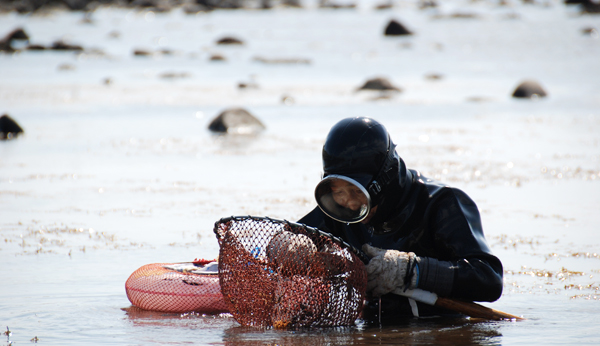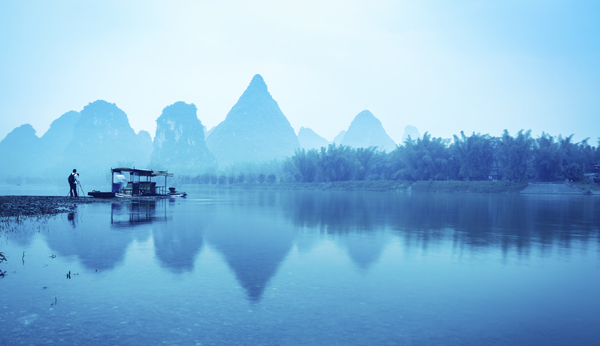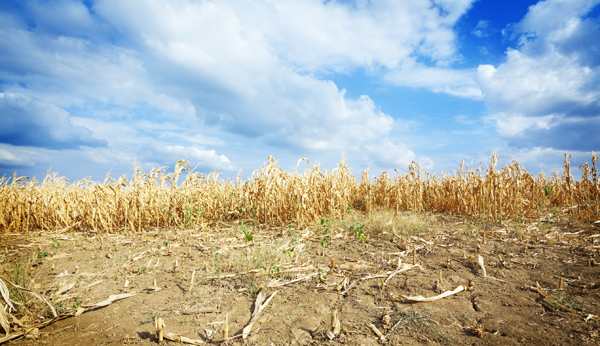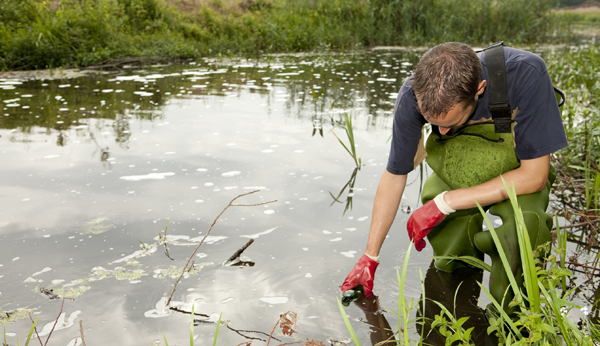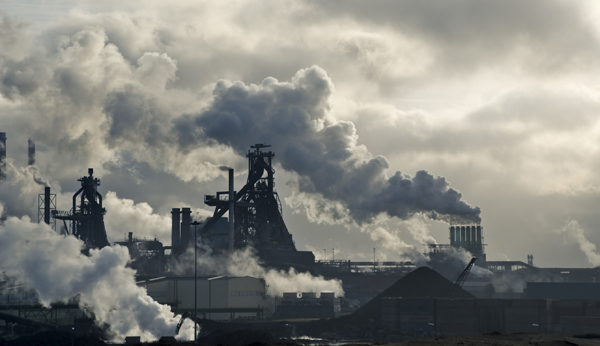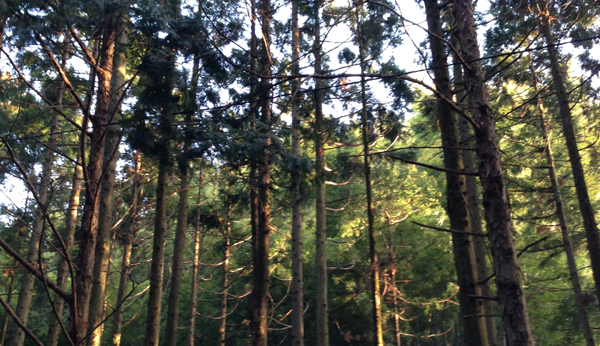Faculty
Guangwei HUANG
Profie
Born in Shanghai, graduated from Fudan University and obtained Ph.D from the University of Tokyo. Work experiences include Associate Professor at the Dept. of Civil Engineering, the University of Tokyo; Associate Professor at the Dept. of Civil Engineering, Kanazawa University; Associate Professor at the Dept. of Civil Engineering and Architecture, Niigata University; Associate Professor in Graduate School of Frontier Sciences, the University of Tokyo; Professor for an international education program at International Center for Water Hazard and Risk Management under the auspices of UNESCO. Career in Sophia started from Sep. 21, 2011.
Introduction to Prof. HUANG's Research Activities
My research activities over the past decade can be described as multidisciplinary and multi-scales. Lake eutrophication modeling; sustainable use of wetland; river flow and water quality simulations, urban flood risk management and long-term policy impact analysis as well. Some of recent publications are Huang, G.W.: Long-term impact of policy mismatch on watershed health, International Journal of River Basin Management. Vol. 9, No. 1, pp. 79-84, 2011. Huang, G.W.: Time lag between reduction of sediment supply and coastal erosion, International Journal of Sediment Research, Vol. 26, No. 1, pp.27-35, 2011. Huang, G.W.: Role change of in-channel vegetation with regard to sediment, Journal of Environmental Informatics, Vol.18, No.1, 31-37, 2011.
Education and Research Focus at GENV
I deal with environmental problems in various approaches from field survey, statistical analysis and numerical modeling. My research strategy is a good combination of "seeds" and "needs". My belief is that environmental problems could not be solved unless we break the walls of conventional research fields. We must take integrated approaches to deal with the very complex and interconnected environmental issues. We need new concepts, new way of thinking, new tools, new value and ultimately new society.
What can students learn from taking Prof. HUANG's courses?
Fundamental and advanced knowledge and skills on water environmental diagnosis, water environmental restoration and conservation. Above all, better understanding on the relationship between our human beings and the nature.
Research Seminar Synopsis
It centers on environmental problems in rivers and lakes. In additional to in-class discussions, field-oriented exercise will be conducted and students are expected to take initiative. Students can gain basic skills in water quality measurement and develop better appreciation of the importance of nature conservation.
Some selected publications
- Isotope analysis reveals differential impacts of artificial and natural afforestation on soil organic carbon dynamics in abandoned farmland. Plant Soil. 471, 329–342, 2022. https://doi.org/10.1007/s11104-021-05243-x
- Are Cities Safer Than Before? Front. Sustain. Cities. 2021. https://doi.org/10.3389/frsc.2021.713300
- Urban Sustainability at the Cost of Rural Unsustainability. Sustainability 13(10), 5466, 2021, https://doi.org/10.3390/su13105466
- The relative importance of environmental factors in predicting phytoplankton shifting and cyanobacteria abundance in regulated shallow lakes. Environmental Pollution. 286:117555、2021, https://doi.org/10.1016/j.envpol.2021.117555
- Evaluation of Flood Risk Management in Japan through a Recent Case. Sustainability 2020, 12, 5357, https://doi.org/10.3390/su12135357
- Duality of Seasonal Effect and River Bend in Relation to Water Quality in the Chao Phraya River, Water, 11(4), 656, 2019. https://doi.org/10.3390/w11040656
- Exploring Drivers of Nitrate Contamination of Drinking Water in an Arid Region of China, Journal of Environmental Informatics, 33(7):105-112, 2019.
- Urban Planning and Water-related Disaster Management, Springer. 2019.
- From Water-Constrained to Water-Driven Sustainable Development—A Case of Water Policy Impact Evaluation, Sustainability, 7, 8950-8964, 2015.
- Multi-angle views on effect of river regulation on breeding habitat of Little Tern, Int. J. Environment and Pollution, Vol. 58, No. 3, 172-186, 2015.
- Carrying capacity of wetlands for massive migratory waterfowl, Hydrobiologia, Vol. 697, 5-14, 2012.
- A Comparative Study on Flood Management in China and Japan, Water, 6(9), 2821-2829, 2014.
- Time lag between reduction of sediment supply and coastal erosion, International Journal of Sediment Research, Vol. 26, No. 1, 27–35, 2011.
- Role change of in-channel vegetation with regard to sediment, Journal of Environmental Informatics, Vol.18, No.1, 31-37, 2011.
- Long-term impact of policy mismatch on watershed health, International Journal of River Basin Management, Vol. 9, No. 1, 79–84, 2011.

